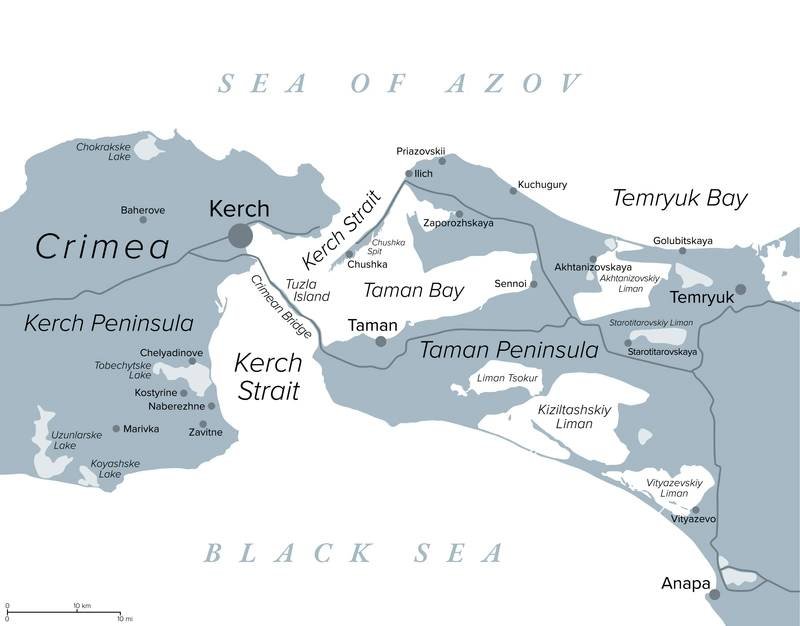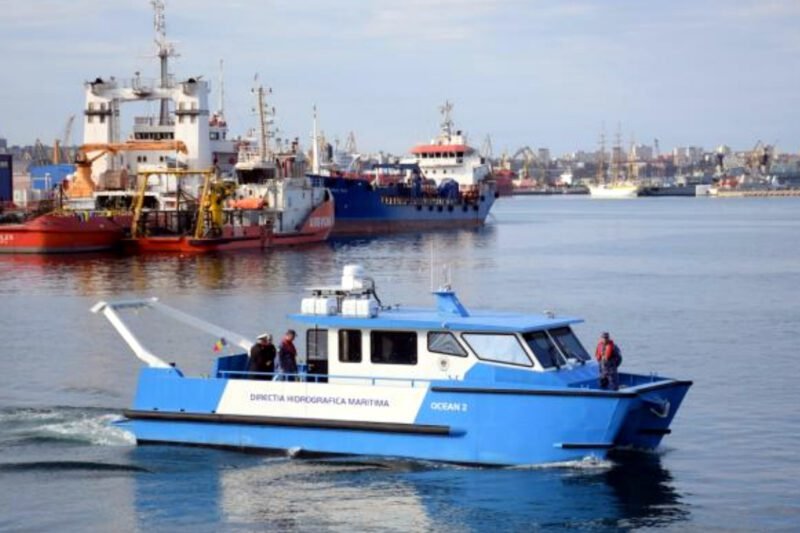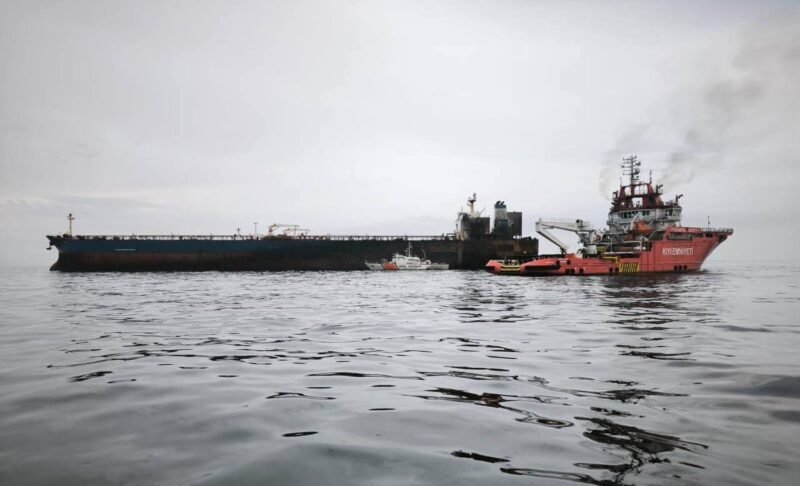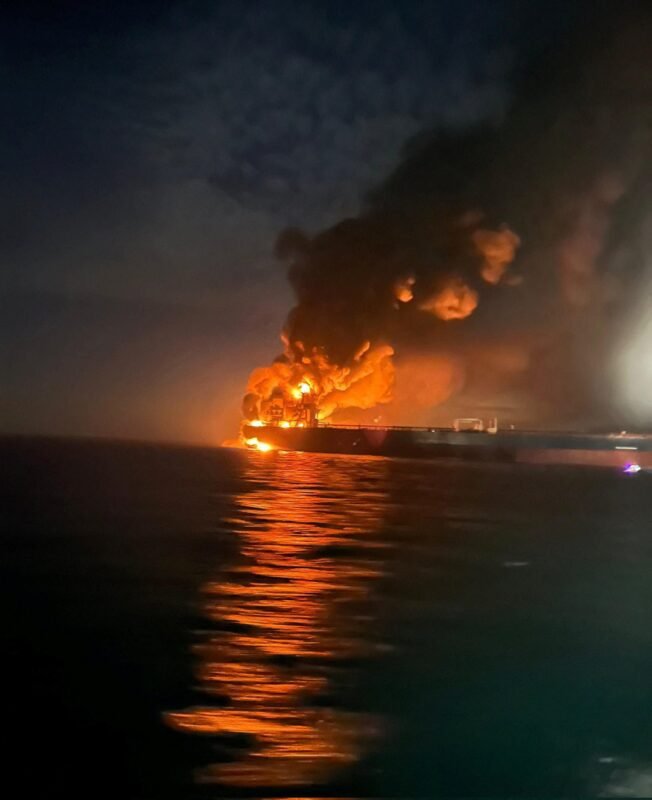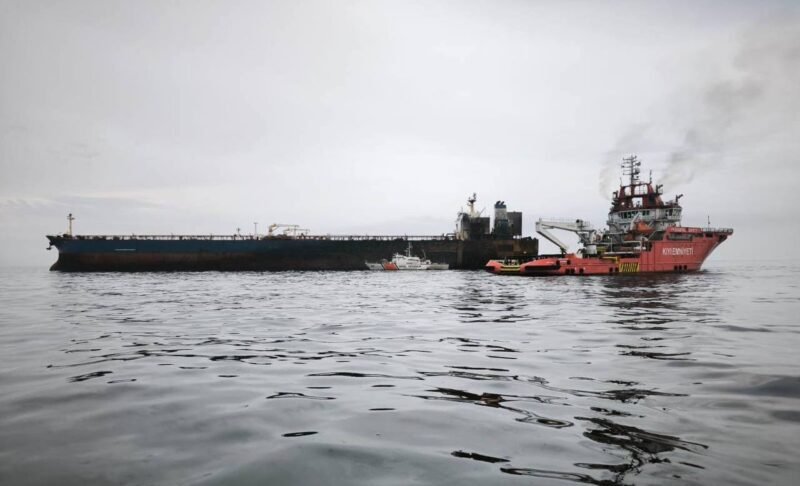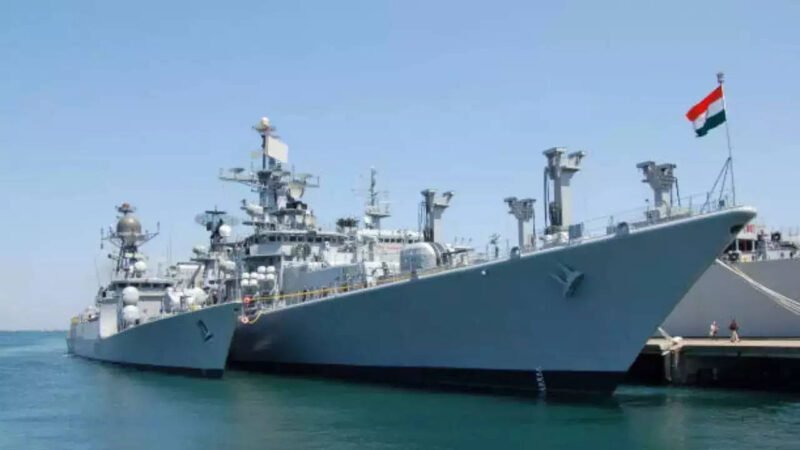A new report from the United Nations Conference on Trade and Development (UNCTAD) titled “Navigating Troubled Waters” highlights the significant impact recent attacks on shipping in the Red Sea, ongoing disruptions in the Black Sea, and declining water levels in the Panama Canal are having on global trade routes. The disruptions are raising concerns about the long-term resilience of global supply chains and the vulnerability of world trade infrastructure.
The report shows a significant decrease in transits through the Suez and Panama Canals, resulting in a rise in trade costs, higher insurance premiums, and increased greenhouse gas emissions. This is particularly impacting developing countries, as the disruptions could lead to delays in deliveries and higher costs, potentially causing inflation and impacting energy supplies and prices, as well as global food prices.
The shipping industry has been reducing speeds to reduce fuel costs and greenhouse gas emissions, but disruptions to key trade routes are now resulting in higher ship speeds, impacting fuel consumption and emissions. UNCTAD emphasizes the need for rapid adjustments in the shipping industry and strong international cooperation to address the rapid transformation of global trade and support countries more vulnerable to these disruptions.







